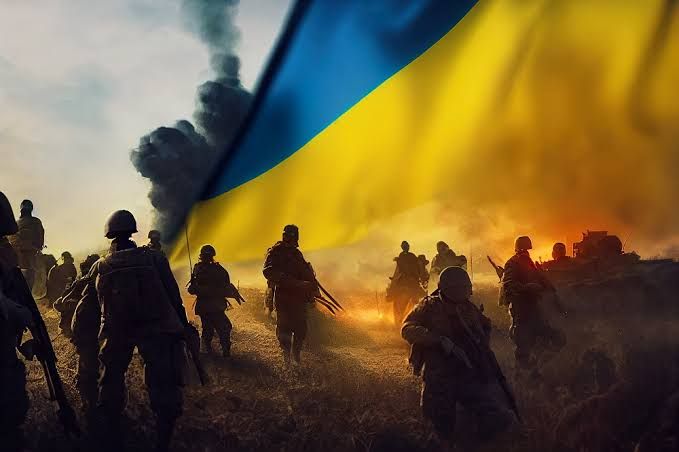Ukraine’s Counteroffensive Struggles Raise Concerns Among Western Allies
The Western allies are receiving increasingly concerning updates on Ukraine's much-anticipated counteroffensive, revealing difficulties in reclaiming significant territory, according to high-ranking officials from the US and the West. Despite Ukraine's persistent efforts, the Western outlook on Ukraine's ability to make headway and shift the

The Western allies are receiving increasingly concerning updates on Ukraine's much-anticipated counteroffensive, revealing difficulties in reclaiming significant territory, according to high-ranking officials from the US and the West.
Despite Ukraine's persistent efforts, the Western outlook on Ukraine's ability to make headway and shift the war dynamics remains bleak. One senior western diplomat shared their skepticism with CNN, noting, "it’s extremely, highly unlikely" that Ukrainian forces can bring about a significant change in the conflict.
The current phase of the war is being described as the most challenging by Rep. Mike Quigley, an Illinois Democrat. Quigley, having recently conversed with US commanders training Ukrainian units in Europe, conveyed the weight of the situation.
Ukraine's primary obstacle lies in navigating Russia's intricate defensive strategies in the country's east and south. These defense systems, consisting of tens of thousands of mines and an elaborate network of trenches, have inflicted enormous losses on Ukrainian forces. Consequently, some Ukrainian units have been withdrawn to regroup and limit further casualties.
The formidable Russian defensive lines have stood strong against Ukrainian attempts to penetrate. The pressing concern among Western diplomats is whether the already exhausted Ukrainian forces can make any significant progress given the current conditions.
While challenges mount, optimism persists. A high-ranking US official emphasized the hope that remains for Ukraine's advancements in the conflict, indicating that there's still potential for progress.
However, the impending fall season threatens to exacerbate conditions for the Ukrainian forces. As the weather deteriorates, so too will the conditions for fighting.
A significant challenge has been the integration of Western-supplied weaponry into the Ukrainian armed forces. Despite being equipped with advanced tanks and weapon systems from the West, transforming these forces into effective combined mechanized fighting units within a short span remains difficult.
In response to these challenges on the ground, Ukrainian forces have intensified their attacks within Russian territories. These strikes are strategic attempts to highlight Russia's vulnerabilities, as per a senior US military official.
Despite the setbacks, Gen. Valerii Zaluzhnyi, the chief of Ukraine's armed forces, remains confident. Conversations with US Chairman of the Joint Chiefs of Staff, Gen. Mark Milley, revealed Zaluzhnyi's conviction in Ukraine's gradual advancements, emphasizing the resilience of Ukrainian defenses.
However, there's a noticeable shift from the initial optimism surrounding the counteroffensive. The discrepancies between expectations and realities have initiated discussions about the potential for peace negotiations and territorial concessions.
Rep. Quigley believes Putin is biding his time, prepared to endure more losses. There's growing apprehension about a potential blame game between Ukrainian officials and their Western counterparts, risking the unity of an alliance that's held firm for almost two years.
In a statement last month at the Aspen Security Forum, Ukrainian President Volodymyr Zelensky cited the delay in receiving advanced weapons systems from the West as a primary factor hindering their progress.
The coming weeks will be crucial in determining the trajectory of Ukraine’s counteroffensive and the implications for the broader conflict.




